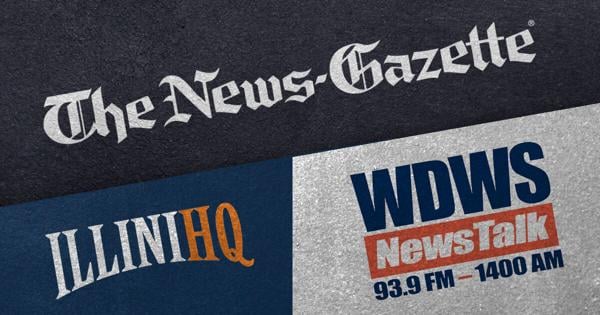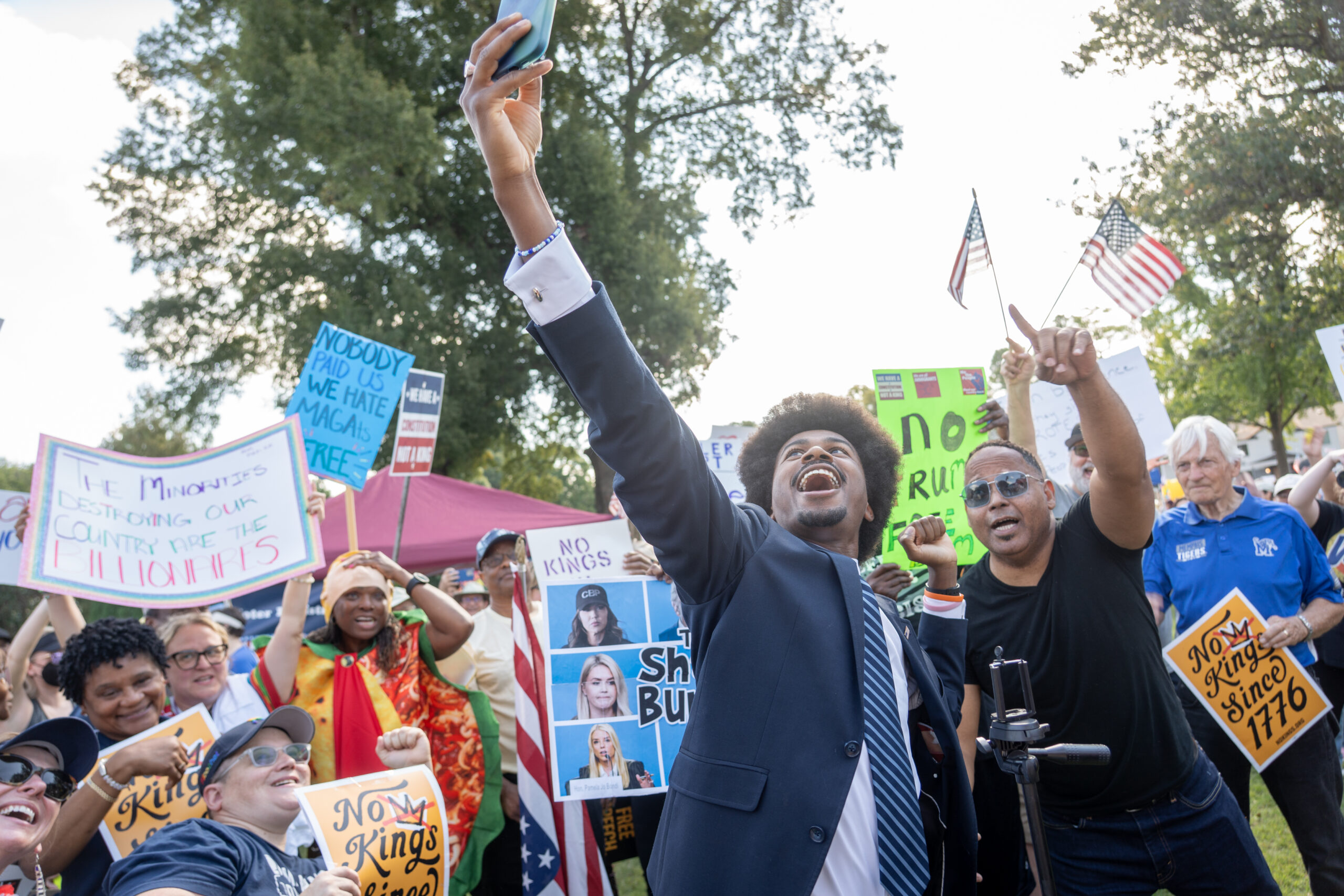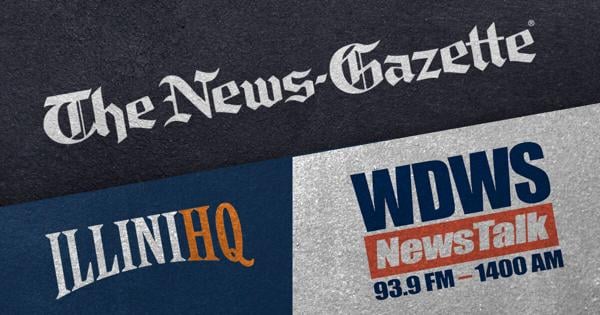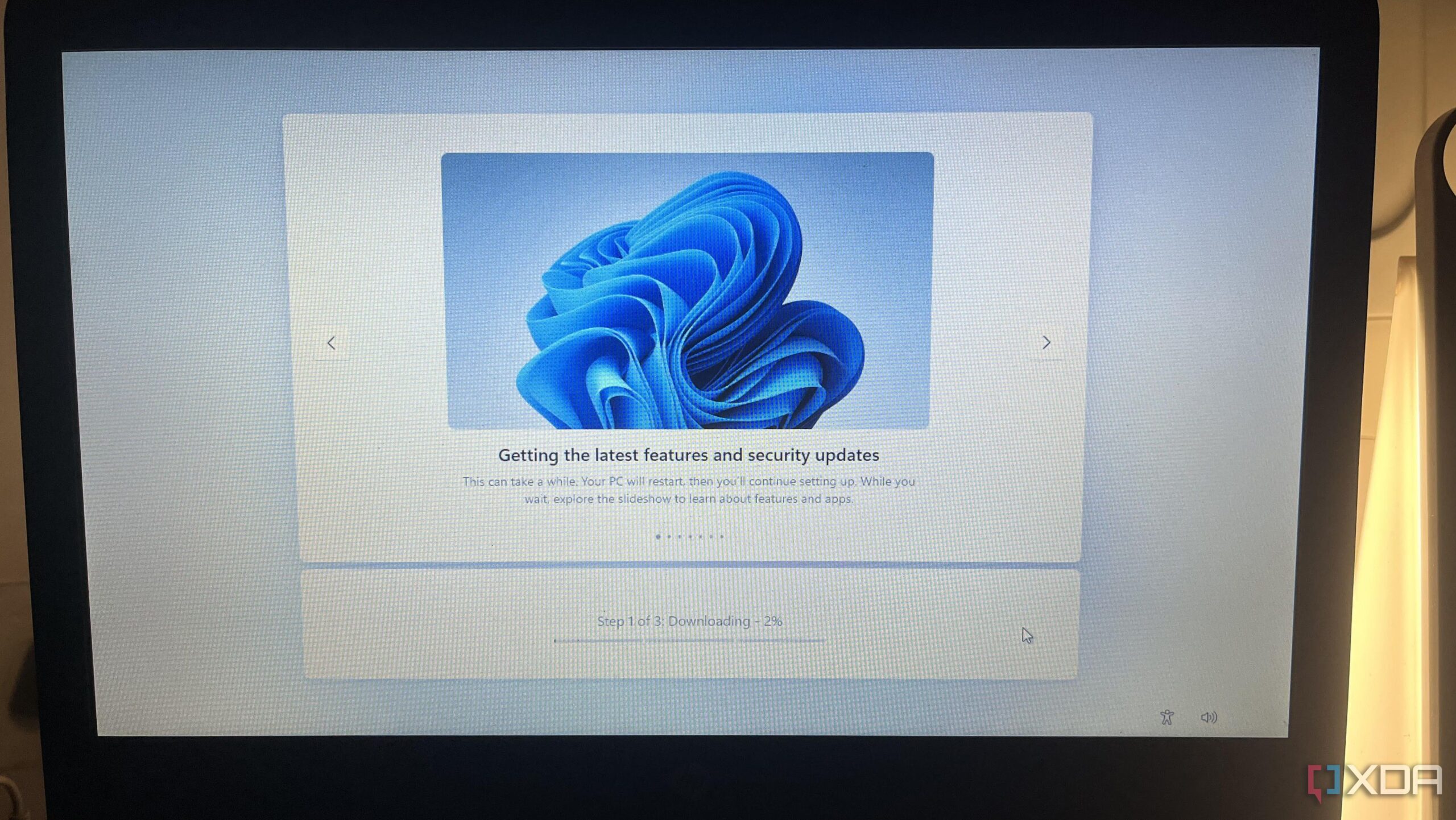
The political landscape in the United States is undergoing significant changes as President Donald Trump asserts greater control over the District of Columbia. This intervention comes amid rising concerns about the nature of governance and the implications of federal authority. Trump’s recent actions include federalizing the District’s National Guard and inserting agents from federal agencies such as Customs and Border Patrol, Immigration and Customs Enforcement (ICE), and the FBI into Washington, D.C.
The controversy stems from the unique home-rule status of D.C., which allows Trump to exert authority over its law enforcement. This has raised alarms among local leaders and citizens alike, who view these measures as potential steps toward autocracy. Critics argue that the presence of federal agents, particularly in a city with crime rates lower than many “red” states, is unnecessary and potentially provocative.
In a striking move, Trump has announced plans to extend the deployment of National Guard troops, with an additional 1,000 troops authorized to carry weapons. This escalation has drawn criticism from various quarters, with many questioning the rationale behind such a significant federal intervention. D.C. has not declared a “crime emergency,” prompting further scrutiny of the motivations behind these actions.
Advocates for community safety have pointed out that if the goal was genuinely to address crime, the administration would consider reinstating the $1 billion cut from the D.C. budget that previously funded officer training and support for mental health, substance abuse programs, and community violence intervention initiatives. These programs have been identified as effective strategies for tackling crime in a meaningful way.
The potential for this situation to escalate beyond Washington is also troubling. Trump has indicated that similar actions could extend to other cities, particularly those governed by Democratic leadership. Cities like Chicago may find themselves next in line for federal oversight as Trump broadens his approach. According to the New York Times, this shift reflects a broader trend of normalizing what was once considered politically unthinkable.
In light of these developments, residents are encouraged to engage in peaceful protest and advocacy to ensure that such measures do not become a permanent fixture in American governance. The implications of these actions are significant, and many fear that they signal a shift toward an autocratic style of leadership that undermines democratic principles.
As the situation evolves, it remains crucial for citizens to remain vigilant and engaged in the democratic process. The call to action is clear: maintain a commitment to peaceful protest and resist the normalization of federal overreach in local law enforcement matters.






